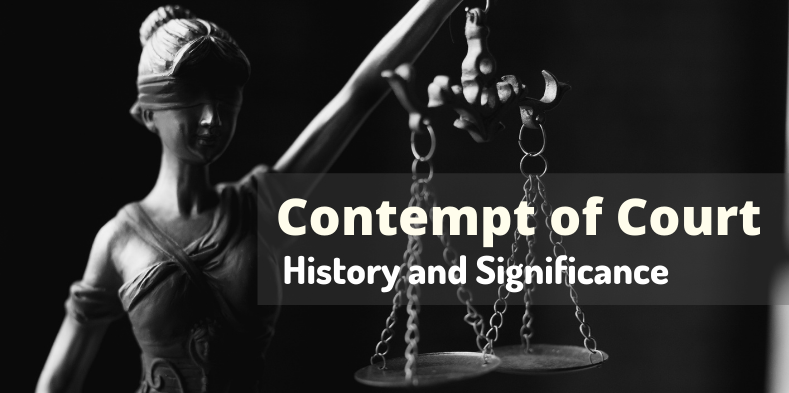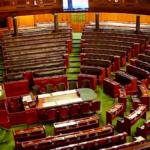Article 194 (State Legislation)
Article 194 guarantees freedom of speech to members in the state legislatures and grants them immunities provided from time to time under the law. Further, it protects an MLA from being tried for their speech or vote in the legislature.
MLA Immunity under Article 194 and the Freedom of Speech
The Supreme Court will decide if the immunities enjoyed by law makers under Article 194 overrides the fundamental right to freedom of speech under Article 19.
Background
Draft Article 169 was introduced in the Constituent Assembly for the debate on Article 194. It was debated on two different dates.Both June 3, 1949 and October 16, 1949 were devoted to discussion of the Draft Article 169 which was intended for the purpose of formulating Article 194 of the Indian Constitution. Members of the State Legislature were granted a variety of privileges and immunities as a result of this provision.
A member suggested the amendment of this Draft Article. The modification would be in order to extend the privileges and immunities to individuals who participate in committees that are set up by either House of the State Legislature. This would allow these individuals to act freely and without reservation. It would not hamper the smooth functioning of either of the Houses of the Legislature of a State that they are a member of, while they are carrying out their responsibilities. This modification was approved with no criticism at all from the other members.
Judiciary: Contempt of Court 1971
Contempt of court often referred to simply as “contempt”, is the offence of being disobedient to or disrespectful toward a court of law and its officers in the form of behaviour that opposes or defies the authority, justice and dignity of the court. A similar attitude towards a legislative body is termed contempt of Parliament.
There are broadly two categories of contempt:
- Being disrespectful to legal authorities in the courtroom.
- Willfully failing to obey a court order.
When a court decides that an action constitutes contempt of court, it can issue an order that in the context of a court trial or hearing declares a person or organization to have disobeyed or been disrespectful of the court’s authority, called “found” or “held” in contempt. That is the judge’s strongest power to impose sanctions for acts that disrupt the court’s normal process.
Contempt proceedings are especially used to enforce equitable remedies, such as injunctions. In some jurisdictions, the refusal to respond to subpoena, to testify, to fulfil the obligations of a juror, or to provide certain information can constitute contempt of the court.
This was in news regarding comments made on social media against the CJI by Prashant Bhushan for which he faced criminal contempt of court. There are different aspects to this debate over contempt of court. While several countries have termed such laws as obsolete and archaic, the large number of contempt cases in Indian courts and the need to insulate and safeguard the judiciary are the reasons in favour of contempt laws.
In the age of social media, the balance between freedom of speech and anything that ‘scandalises’ the court has to be revisited. The Supreme Court and the High Courts derive their power from the constitution of India while the procedure is outlined in the Contempt of Court, Act, 1971. The Law Commission has recommended that it should be restricted only to civil contempt.
What is the punishment for Contempt of Court?
A finding of being in contempt of court may result from a failure to obey a lawful order of a court, showing disrespect for the judge, disruption of the proceedings through poor behaviour, or publication of material or non-disclosure of material, which in doing so is deemed likely to jeopardize a fair trial. A judge may impose sanctions such as a fine or jail for someone found guilty of contempt of court, which makes contempt of court a process crime. Judges in common law systems usually have more extensive power to declare someone in contempt than judges in civil law systems.
What is the punishment for Contempt of Court in India?
Both the High Court and the Supreme Court of India are bestowed with the power to punish for the contempt of the court. According to the Indian Penal Code Section 12 of Contempt of Court Act, 1971, contempt of court can be punished with simple imprisonment for a term which may extend to six months, or with fine which may extend to two thousand rupees, or with both.
References
- Based on various online sources such as BYJU’S, Vision etc.


